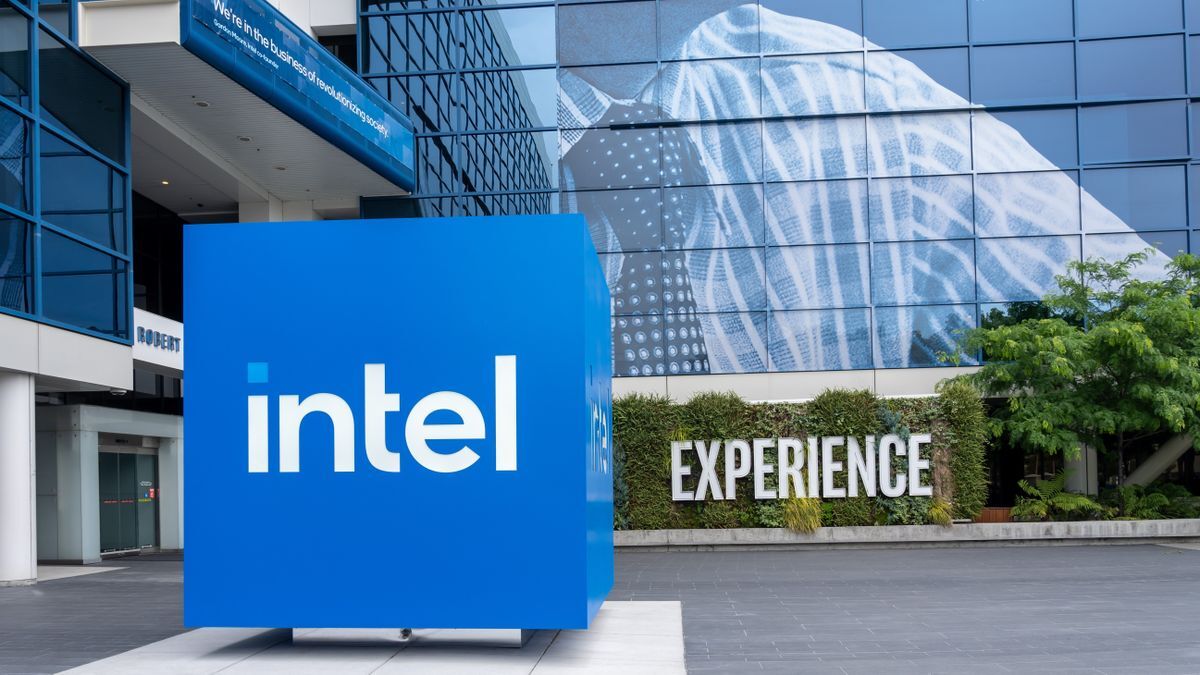Intel’s stock dropped around 30% overnight, shaving some $39 billion from the company’s market capitalization since rumors of a pending layoff first emerged. The devastating results come after the chip giant reported a loss for the second quarter, complained about yield issues with the Meteor Lake CPU, provided a modest business outlook for the next few quarters, and announced plans to lay off 15,000 people worldwide.
When the NYSE closed on July 31, Intel’s market capitalization was $130.86 billion. Then, a report about Intel’s massive layoffs was published, and the company’s market capitalization dropped sharply to $123.96 billion on August 1. Following Intel’s financial report yesterday, the company’s capitalization dropped to $91.86 billion. Essentially, Intel has lost half of its capitalization since January. As of now, Intel’s market value is a fraction of Nvidia’s worth and less than half of AMD’s.
As Intel’s actions look rather desperate, analysts believe that Intel’s challenges are existential. “Intel’s issues are now approaching the existential,” Stacy Rasgon, an analyst with Bernstein, told Reuters.



It certainly doesn’t help Intel has been intentionally selling defective product in the 13th and 14th gen lines. People are quite reasonably going to AMD more and more.
Does AMD have anything to compete with Intel QSV? I’m looking to upgrade my Plex server and was looking at a newer Intel CPU.
The latest AMD cpus do have transcoding, but Amd transcode isn’t very good and isn’t very compatible with Linux.
You can pick up an Intel A310 single slot GPU for $100 and it has AV1 encode, which is something that the igpu QSV doesn’t have. Works very well in my Epyc motherboard with 76 pcie lanes. I definitely recommend going with an ATX 1st gen Epyc cpu+motherboard if you want something that can do NVMe raid.
It’s compatible just fine. But the quality… well, it’s not the worst, but definitely not the best quality.
I believe AMD VCN does the same thing. Though I haven’t looked into it. AMD chips also have pretty decent onboard video cores, so you might be able to do hardware accelerated encoding that way too.
Just stay away from Intel 13th and 14th gen chips. They have oxidation issues from the factory and are also over-volting themselves. The former is unfixable and the latter causes unfixable damage.
Does laptop cpus have same problems? I’ve found mixed results.
We don’t know and Intel is being incredibly mum about the entire situation.